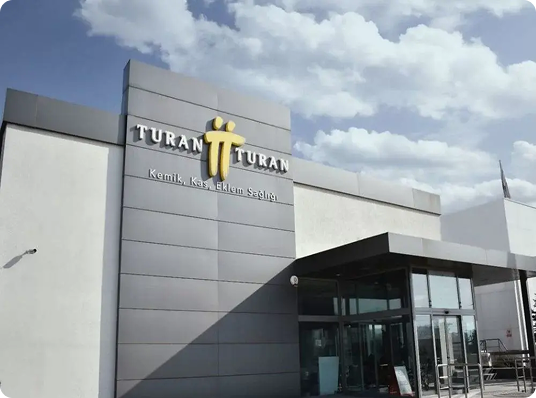Dental Bonding
As a specialized medical solution, Dental Bonding combines technological innovation, clinical expertise, and patient-centered strategies to optimize recovery, minimize complications, and ensure better overall healthcare experiences.
Get Expert Consultation
Speak with our medical travel experts to get personalized guidance for your procedure
✓ No commitment required • ✓ Expert guidance • ✓ Free consultation

Book Your Free Medical Consultation
Get expert advice—free and easy. Just fill out the form to start your health journey!
Key-Insights for
Dental Bonding
Procedure Time
30 minutes to 1 hour
Recovery Period
No downtime; return to normal activities immediately
Expected Results
A restored tooth shape, color, and function, blending seamlessly with surrounding teeth
Ideal Candidates
Individuals with damaged or decayed teeth, especially those who want a quick and non-invasive fix
Dental Bonding
As a specialized medical solution, Dental Bonding combines technological innovation, clinical expertise, and patient-centered strategies to optimize recovery, minimize complications, and ensure better overall healthcare experiences.

People seek these procedures for various reasons:
Aesthetic Enhancement
To repair small cracks or chips in your teeth
Corrective Purposes
To close gaps between teeth for a more uniform smile
Functional Restoration
To restore teeth damaged by decay or wear
Things to Check Before Treatment
- •Discuss your dental history with your dentist to ensure the procedure is suitable for you.
- •Inform your dentist if you have any allergies or sensitivities, especially to dental materials.
- •Check that your dentist has experience performing dental bonding procedures.
- •Confirm whether your insurance covers the procedure and what out-of-pocket costs you may incur.
- •Plan for at least 2 hours of treatment time and consider taking a friend or family member with you for support.
Potential Risks
- •Sensitivity to tooth sensitivity or discomfort during or after the procedure
- •Temporary gum irritation or swelling
- •Risk of tooth decay if good oral hygiene practices are not followed
- •Possible need for multiple procedures to achieve desired results
- •Allergic reactions to dental materials, although rare
How to Choose the Right Country, Clinic, and Surgeon
Do's
Verify surgeon credentials (e.g. ISAPS, JPRAS)
Ask for before-after photos
Check language barriers
Review aftercare and follow-up options
Consider local laws on medical malpractice
Don'ts
Don't Choose a Clinic Based Only on Price
Don't Rely Solely on Social Media or Influencers
Don't Ignore Language Barriers
Don't Rush Into Surgery Without Research
Don't Assume You Can Fly Back Immediately
CureMeAbroad Services Are Absolutely Free.
You pay same rates for treatments as in the hospital's original price list.
CureMeAbroad Services Are Absolutely Free.
You pay same rates for treatments as in the hospital's original price list.


Book Your Free Medical Consultation
Get expert advice—free and easy. Just fill out the form to start your health journey!
Dental Bonding
Frequently Asked Questions
This procedure involves specific medical techniques tailored to address particular health conditions. Your doctor will explain the detailed process based on your case.

Help Me Plan My Treatment Abroad
End to End Treatment Planning Specifically curated as per your need. Just a Call away


Help Me Plan My Treatment Abroad
End to End Treatment Planning Specifically curated as per your need. Just a Call away


Book Your Free Medical Consultation
Get expert advice—free and easy. Just fill out the form to start your health journey!



